#votiv
Explore tagged Tumblr posts
Photo

Still Life with Flowers and Fruits · Munich
24 notes
·
View notes
Text

Votive ship in the Kakskerta Church, Finland. Date unknown, photo by ast2009
2K notes
·
View notes
Text
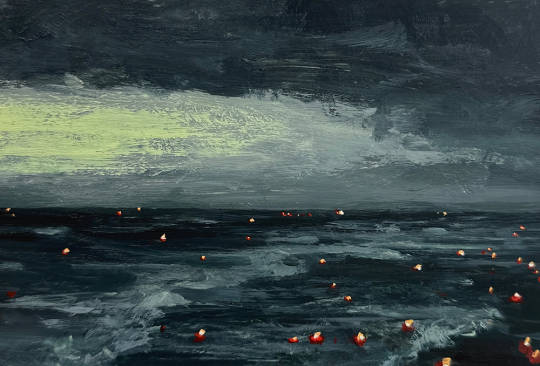
Memorial - Mia Bergeron , 2024.
American, b. 1979 -
Small colour acrylic on Yupo paper , 5 x 7 in.
2K notes
·
View notes
Text

Votiv
The Lubber Fiend, Newcastle, England. 28/05/23.
1 note
·
View note
Photo

~ Jewel Tones ~
667 notes
·
View notes
Text

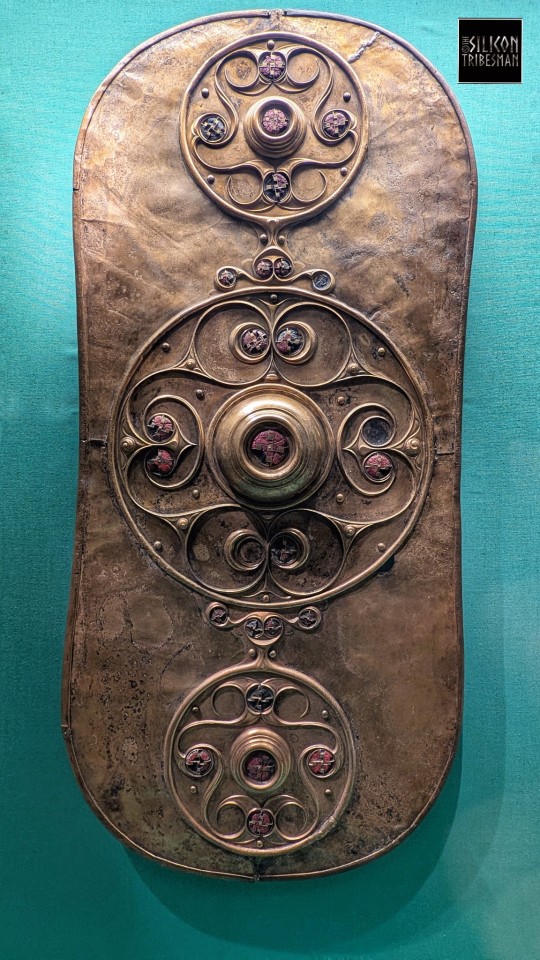
The Battersea Shield Found in the River Thames at Battersea Bridge, Around 350-50 BCE, The British Museum, London
The Battersea shield is one of the finest examples of La Tene, or Celtic art, from Britain. It was likely a votive offering to the Gods.
#ice age#bronze age#stone age#iron age#prehistoric#prehistory#mesolithic#neolithic#archaeology#shield#metalworking#designs#curvilinear#la tene#celtic#iron age london#ancient living#ancient cultures#votive
255 notes
·
View notes
Text
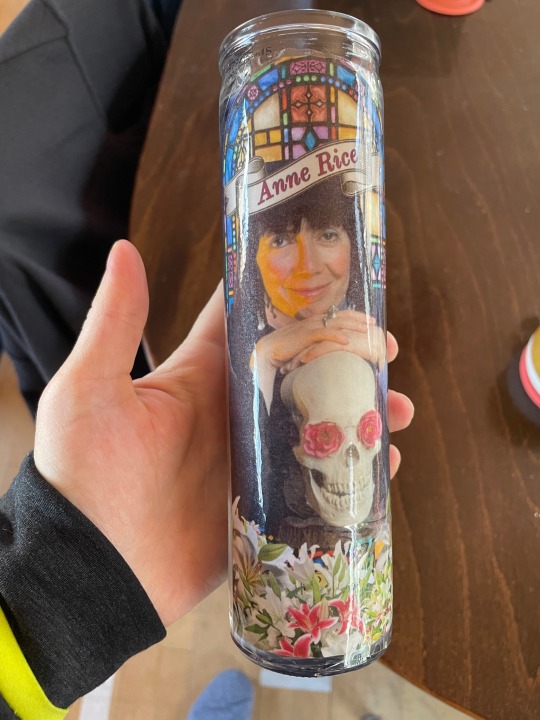
I asked my friend to bring me a tacky souvenir from NOLA and she delivered.
#anne rice#votive#the wax is violet and I’m wondering if it’ll smell at all#i love it#interview with the vampire#iwtv#the vampire chronicles#new orleans#souvenir
178 notes
·
View notes
Text
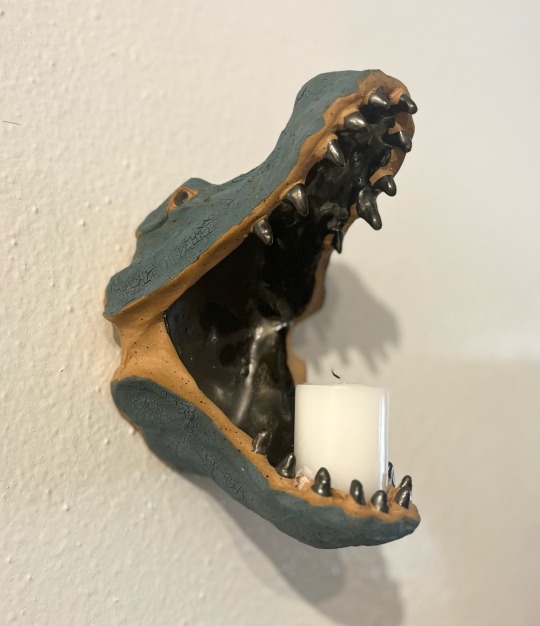

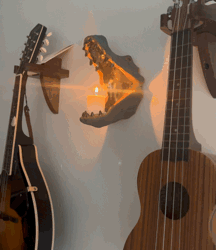
3/8/24
561 notes
·
View notes
Text




I choose to believe City Hall was lit up red because that was Liam's color, thanks city of San Francisco. And thank you to the organizer and to everyone who came to sit and sing and cry and write messages for the lovely gathering 💔it's good to be together
#do you guys like the red votive candle with the chevrons I made I thought it was real nice#(it wasn't why I looked it up but it actually was for an impacts of substance abuse awareness thing which is also 🥺🥺)
135 notes
·
View notes
Text
Hedgehog on Wheels, from Iran, c.1500-1100 BCE: this 3,500-year-old figurine of a hedgehog on a wheeled platform was found with several similar artifacts depicting animals on carts

The body of the hedgehog measures just 2.8cm long (about 1.1 inch) and was crafted out of limestone, while the cart was made using a bitumen compound. The hedgehog's feet are attached to four round sockets located at the front of the cart.

There are eight more empty sockets at the back of the platform, and their pattern/spacing could indicate that two smaller hedgehogs were originally mounted on the cart just behind this larger one, like a pair of baby hedgehogs following their mother.

The hedgehog was found with another figurine depicting a lion on a wheeled platform. Both of these artifacts were unearthed at the Temple of Inshushinak, located in what was once the ancient city of Susa; they date back to the Middle Elamite Period, c.1500-1100 BCE.

Their original function/significance is still widely debated, with some experts arguing that they were created as toys, while others argue that they were used as votive offerings. Their presence in the temple suggests that they likely had some cultural/ritual significance, but it's important to note that those two explanations may not be mutually exclusive -- some artifacts were used as both toys and ritual objects.
The distinction between those two terms is not necessarily as clear-cut as it seems, because toys are often incoporated into ritual contexts (as offerings or grave goods, for example) and they can also be used to familiarize children with rituals and religious beliefs.

Regardless of why they were made, they are strikingly adorable.
Sources & More Info:
The Louvre: Hedgehog Toy & Lion Toy
Metropolitan Museum of Art: Artifacts from The Royal City of Susa
Journal of the British Institute of Persian Studies: Probing the Margins in Search of Elamite Children
Portrait of a Plaything: Hedgehog
Cambridge University Press: Ritual, Play, and Belief in Evolution and Early Human Societies
#archaeology#artifact#history#anthropology#hedgehog on wheels#toys#votive offerings#susa#elamite#iran#ancient art#hedgehog#ancient toys#ritual artifacts#children in archaeology#art#sculpture#animal figurine#ancient near east
126 notes
·
View notes
Text
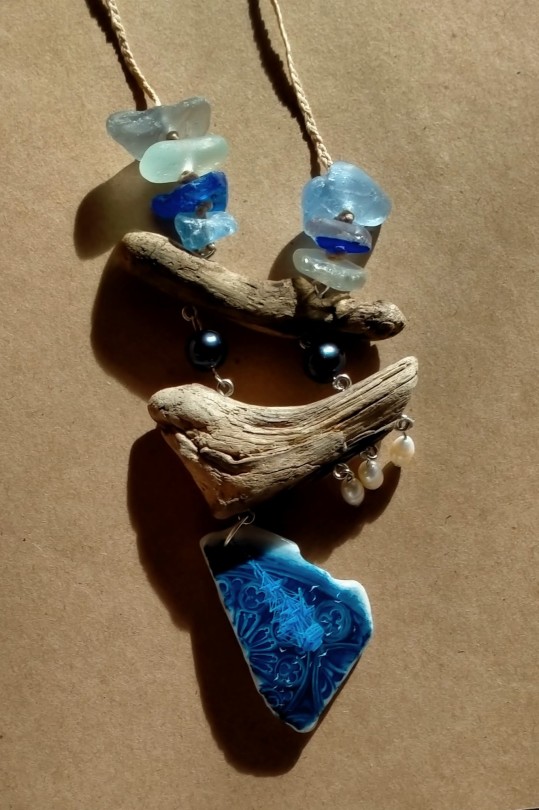

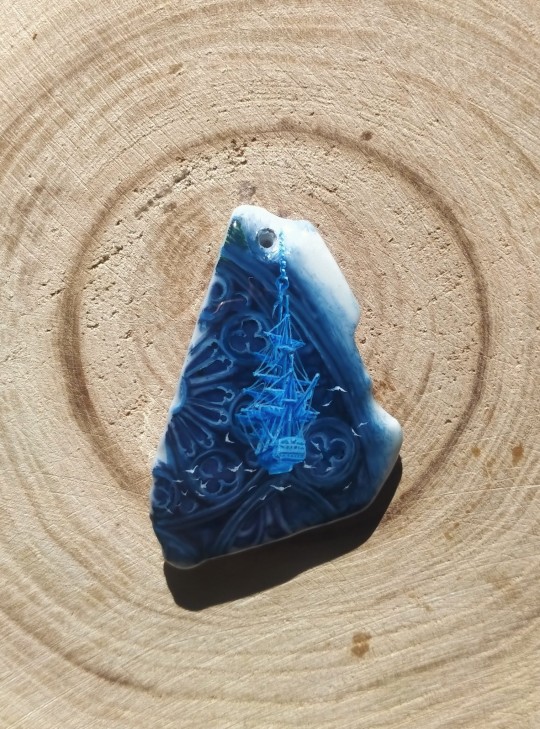
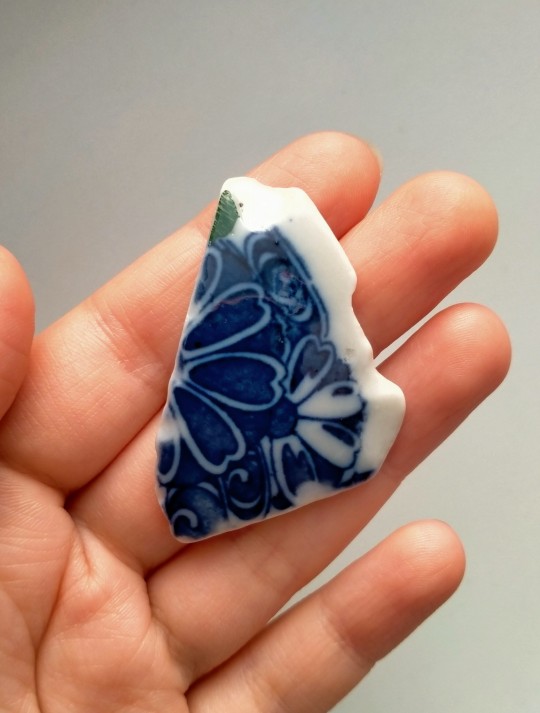
This porcelain chip's pattern immediately reminded me of Gothic windows, and in turn it made me think of votive ships. Painted sea pottery, sea glass, driftwood and pearls
#miniature#sailing ship#votive ship#tall ship#nautical art#naval#painted miniatures#driftwood#sea pottery#sea glass#pearls#necklace#gothic cathedral#gothic window#gothic#seagulls#votive offerings#beach findings#beach combing#my art
227 notes
·
View notes
Text
HOWEVER if this is Lord Gaebril I’m CACKLING. Gareth Bryne WHOMST. I maintain Rahvin is an excellent one season villain, show us the Forsaken CAN be defeated and killed, although I imagine this will be a hook at the end of S3 for S4. If we get Asmodean as well in S3 we are PACKED with Forsaken.
#which means we’ve settled out with Sammael Ishamael Rahvin and Asmodean#that votive definitely had a guitar#and Rand needs a channeling teacher#wot book spoilers
62 notes
·
View notes
Text






Votive ship, Scandinavia, 1590-1610
A votive ship is a ship model displayed in a church. Votive ships were constructed and given as gifts to the church by ship builders and seamen, often as a token of gratitude for a safe return from a hazardous voyage.
The practice of displaying model ships in churches stems from the Middle Ages and appears to have been known throughout Christian Europe. The oldest known remaining votive ship is a Spanish ship model from the 15th century.
This is the oldest surviving votive ship in Scandinavia. It was probably built between 1590 and 1610, possibly in the Low Countries. Originally it hung in Stockholm Cathedral (Storkyrkan). It has been badly damaged over the centuries: the masts, rigging, beak and quarter galleries are all missing. The galleon-shaped hull is lavishly decorated with miniature portraits. Among these figures are monks, harp-playing ladies and a black man in European dress. The painted decorations include wine leaves, pillars painted in trompe-l`oeil, griffins, basilisks and lions. After c. 1610 it became more common to decorate the ships with painted sculptures.
Like many other votive ships, the bottom of the hull is unrealistically reduced in size as the model was meant to be viewed from below. Generally, this type of model was more a work of art/religious object rather than a faithful scale model of an actual sailing ship.
228 notes
·
View notes
Text






Heart-shaped silver votive offerings from the collection of the MIST Museum in Kyiv, early XXth century
152 notes
·
View notes
Text
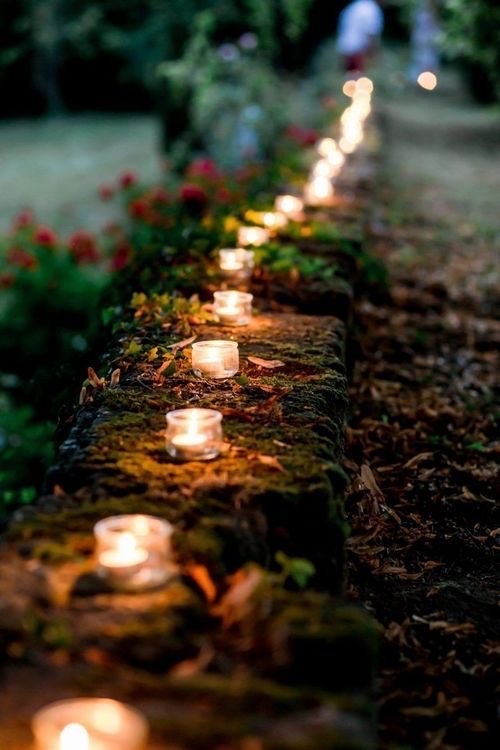
203 notes
·
View notes
Photo

~ Brown and Green ~
#candles#votives#nature#organic#moss#bokeh photography#bokeheffect#candlelight#brown green#flames#fire
430 notes
·
View notes